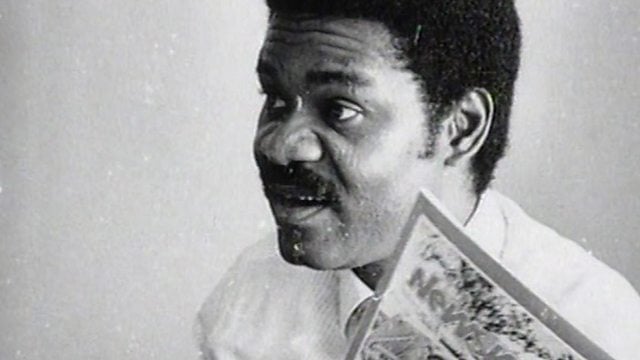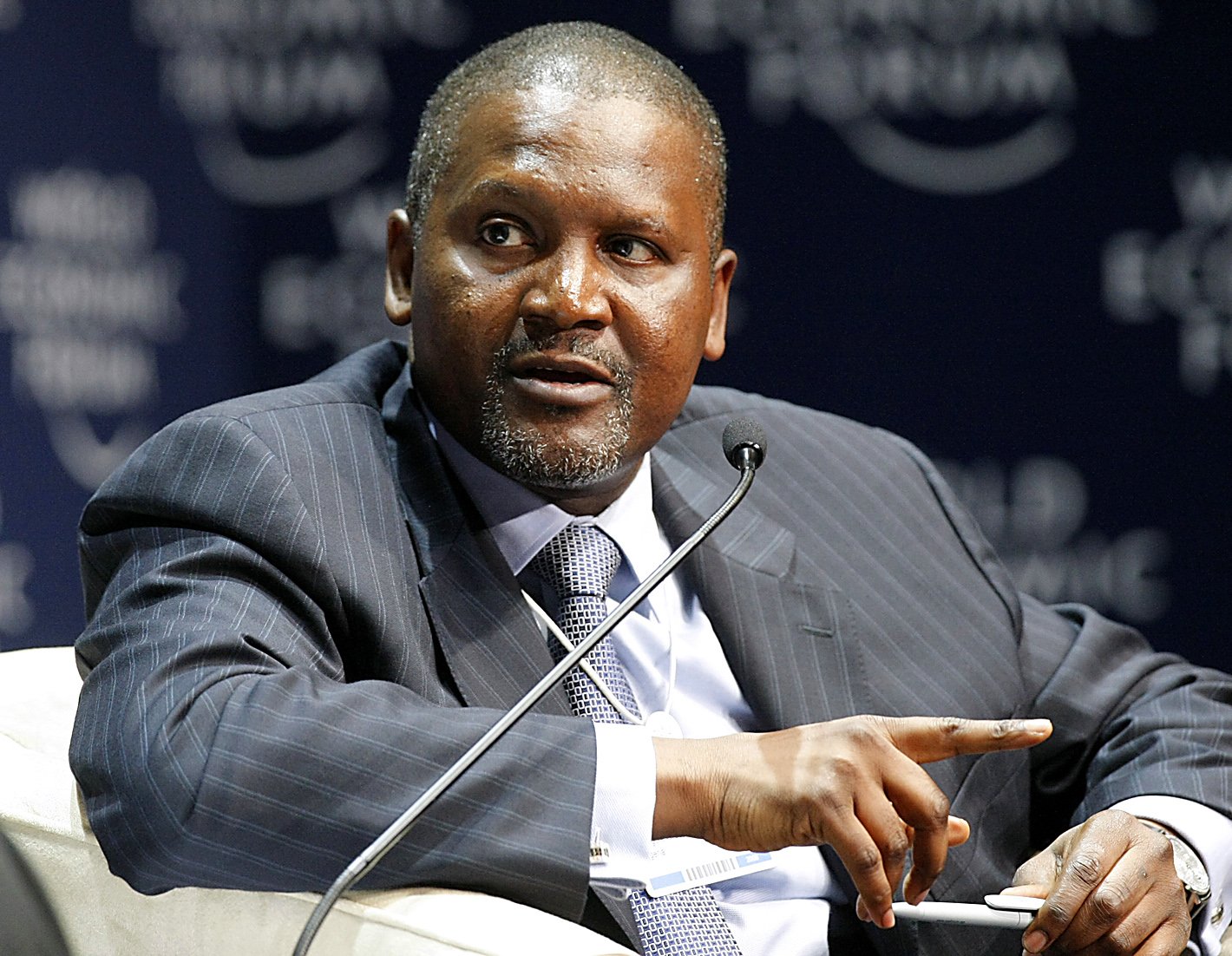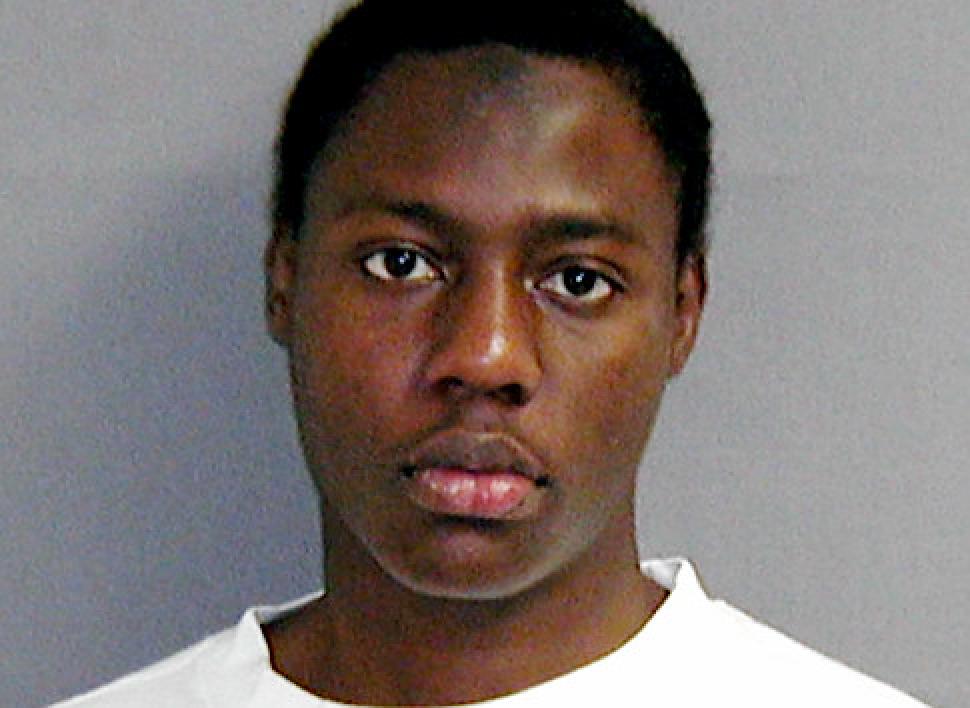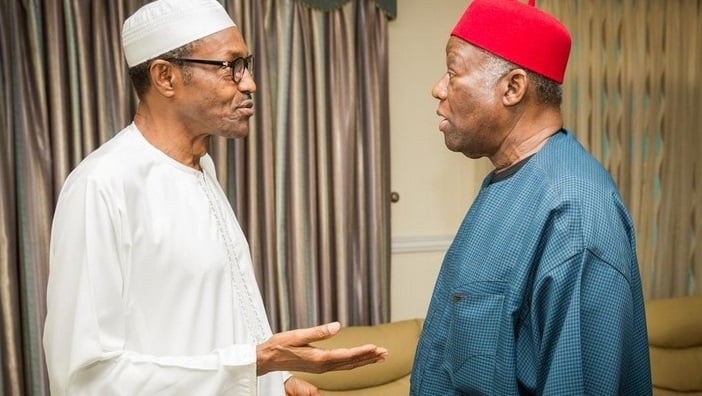Dele Giwa
This article, written by Dele Giwa — one of finest journalists that Nigeria has produced — was first published in the Newswatch edition of January 27, 1986. That was eight months to the death of the great writer. In the piece, he talked about the nature of Nigerian politics. 31 years down the line, the issues raised are still relevant. In fact, two of the individuals Giwa mentioned are active in our affairs as a nation till date.
It was such a beautiful pieces of exhortation, not new, to be sure, as an idea, but so fresh in construction that it became in a flash the rallying cry throughout the world as the anthem of patriotism and nationalism. Nothing is more remembered of all the beautiful words spoken by John Kennedy in his 1,000 days as the president of the United States than this anthem.
“Ask not what your country can do for you, ask what you can do for your country.”
Whether it was for its simplicity or its earnestness or its grace, something in those words, uttered on a grey cold morning in Washington 23 years ago, glued them to the hearts and heads of those who love the power of words. But more than the poesy of the expression, their meaning galvanised Americans to whom it was made and the rest of the worlds in one huge soul-searching as to the true meaning of the relationship between a citizen and his country. It became the weapon used by many a leader in the same words or words closely akin to it to whip up national and patriotic sentiment in the citizenry.
Advertisement
They were the words, this anthem, which influenced Muhammadu Buhari’s call on Nigerians to regard their country, Nigeria, as the only one they had, and that all of us, Nigerians, were going to stay here and salvage it together. No other choice. And when Ibrahim Babangida was showing Buhari the way out of Dodan Barracks, despite his efforts to make clear his differentness from Buhari, he found himself repeating the exhortation, word for word, as the credo by which we, as Nigerians must live.
Was it possible that Kennedy uttered the undying 17 words because he thought Americans were asking too much of their country? Did Buhari and later Babangida repeat the message more than 20 years later because they believed that Nigerians were determined to destroy their own country? Yes, in both cases.
Buhari’s and Babangida’s exhortation appears informed by more serious fears than those which informed Kennedy’s. Kennedy did not appear to be in doubt of the love of Americans for America. He were merely asking them to go easy on their demands on the country. But embedded in Buhari’s and Babangida’s exhortation was the large fear that Nigerians may indeed not love their country; it goes without saying that the country has little to give anybody at this time even if they can’t stop asking what their country can do for them.
Advertisement
Nobody paid much attention to the exhortation of, whether we liked it or not, we had no other place to run to apart from Nigeria when Buhari first said it. And when Babangida repeated it on August 27, 1985, Nigerians appeared not to have paid attention to his reason for the exhortation. Perhaps the beauty of the statement gripped some word-lovers. But now that some Nigerians, according to the details of the coup plot uncovered by the government, were determined to destroy the country in the process of getting something for themselves as individual, the exhortation has become an imperative.
And just a couple of weeks ago, while addressing senior military officers on the occasion of the Armed Forces and Remembrance Day, Babangida returned once more to the issue, although in a narrower sense in that he questioned the loyalty of Nigerians under arms. The issue clearly transcends the loyalty of the soldier to the state, it extends to the loyalty of the Nigerian to the state.
True enough, the Nigerian soldier has become a disgrace to his profession, equally guilty of graft and disloyalty to the nation as the civilians, and arrogant and disrespectful to the citizenry who feed and clothe him. It is bad, actually it is unacceptable, that soldiers must feel because they carry arms that the citizenry buy for them in order to protect the citizenry superior to the citizenry whence they come.
True enough, the Nigerian soldier will be shocked that one day, sooner than later, the citizenry will tell him to go back to his barracks. If not to a hotter place where infidels are sent, if he should go on the radio or the television to announce that he has come to deliver the country. For Nigerians are tired of the perennials delivery. Enough is just enough, where every soldier, even a private in the tradition of Sergeant Doe, sees himself as a prospective head of state. Call it what it is: an insult.
Advertisement
All this is true enough. But truer yet is the fact that Nigerians, soldiers and the citizenry alike, don’t love Nigeria. Nobody appears really to care about the country. Even in the banana republic of South America, people like the politicians who killed Nigeria during the Second Republic cannot walk on the street.
Here in Nigeria, people seem to accept the unacceptable revelations of how politicians share millions of Naira belonging to the nation. The newspapers report them and the television speaks about them, but people just laugh; they laugh because they have been shocked to the state of unshockability. The truth that all this brings home so sadly is that Nigerians, in the main regard themselves as passing sojourners on the geographical amalgam called Nigeria. It is like standing away at a distance and looking, like rivetted spectators, at the greatest inferno in the world. Nigeria is on fire, and the citizens are amused. “N21 million shared, and so what?” ” N4 million shared, so, what?” Nigeria is perhaps the only country in the world where such revelations have lost the power to shock.
What is to be done to get Nigerians to care, to show some little love for the fatherland, to get a national consensus on what to do to those who pillage the fatherland? What is to be done to get Nigerians to come to terms with the country and not feel like passing sojourners who have other countries to run to? Who, if one may ask, will bell the cat?
Buhari said his piece, just as Babangida has said his. All the leaders that this country has ever had have said theirs, including incredibly enough, Shehu Shagari whose mismanagement of the nation’s affairs is the single most destructive element in the history of Nigeria, a crime, in a political context, worse than graft. Is Babangida the fellow who will bell the cat and does he have all it takes?
Advertisement
1 comments







Dele Giwa, even from beyond, your words reverberate.